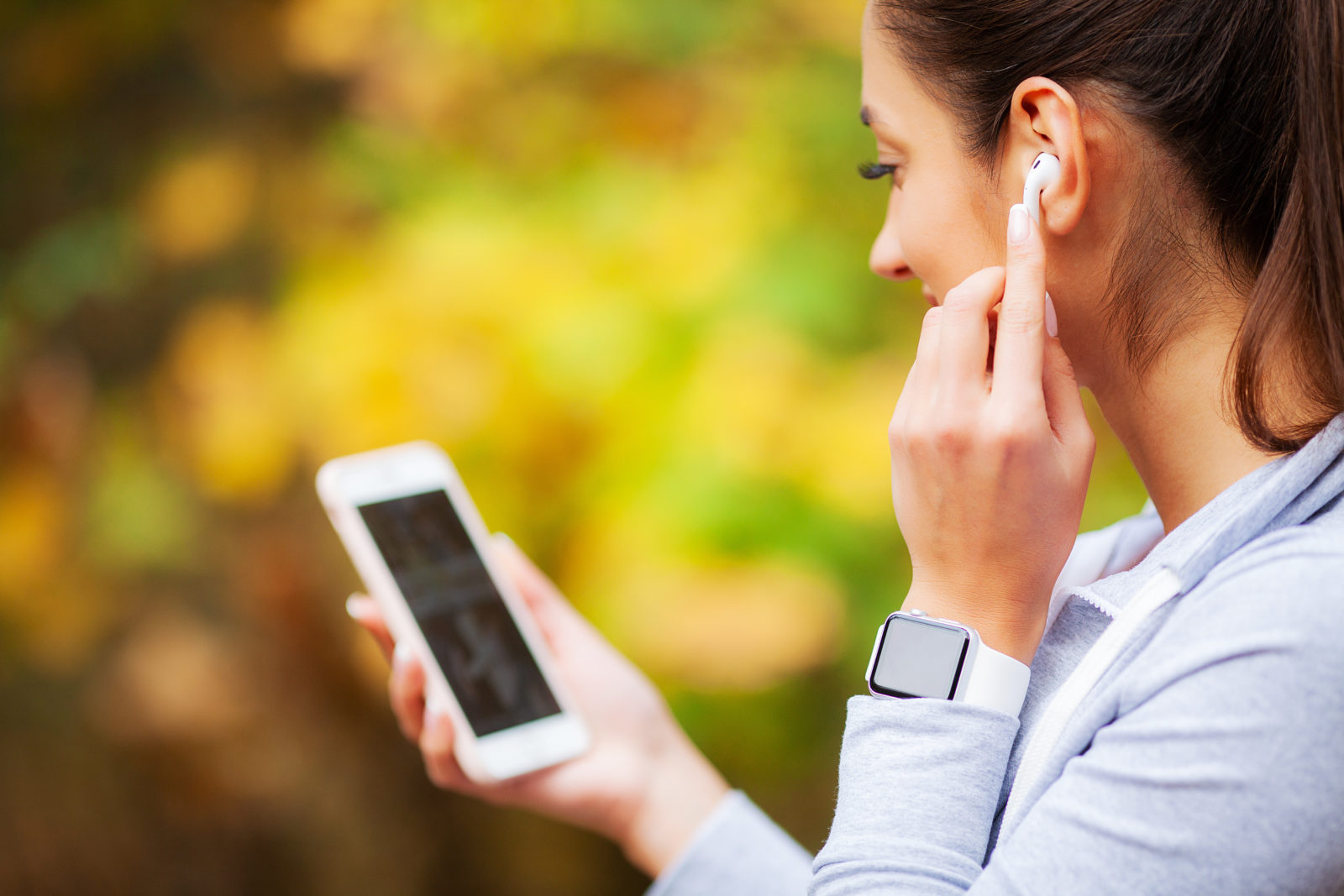Bluetooth Trackers: What We Lose When We Stop Losing Things
Originally published at NewsmaxTo live is to lose. We’ve all felt the anguish of losing something important — keys, wallet, phone, bags, money, opportunities, loved ones. Loss is part of the human condition.
Some things we find again, some we don’t. It has been this way throughout history. But the development of Bluetooth technology in the 1990s forever changed the way we interacted with our possessions.
The wireless standard — developed by a consortium of early tech companies — uses low-power short-range radio waves to connect our gear to personal-area networks known as piconets.
It got its name rather serendipitously from the medieval Scandinavian king Harald “Bluetooth” Gormsson. And just as his rule united Scandinavia, so Bluetooth networking has united our favorite tech devices together.
In recent years, Bluetooth technology has been harnessed to create a new type of tracking device that could make losing our valuable things a relic of the past. They come in all shapes and sizes and utilize a connection between your smartphone and either the lost item or other trackers to help you find your things.
The company that has so far cornered the market is Tile, Inc. The Tile line includes sturdy squares you can attach to keys, backpacks, toys, and even pets, wallet-sized slim trackers, and round stickers smaller than a quarter that you can attach to remotes, sunglass cases, cameras, and more.
Tile’s marketing heralds a new loss-less age: “Our family of finders and handy Tile app mean that now everything can be found.” When an item is lost but close at hand, you can ring it from your smartphone.
If it’s lost and further afield, you can request the Tiles of other users to anonymously ping your lost item until a location can be identified. Tile calls it the “world’s largest lost and found.”
Apple is the latest company to introduce a tracker, the AirTag. It uses ultra-wideband (UWB) technology that, like Bluetooth, is a short-range wireless communication protocol that uses radio waves.
Unlike Bluetooth, though, UWB has more accurate positioning capabilities and better security. The AirTag operates much like the Tile. If it’s close, you can ring it. If it’s not, it can anonymously communicate with other Find My-enabled devices to help you locate it. “Lose your knack for losing things,” Apple’s website declares.
Sounds promising. But what do we lose when we stop losing things? Amidst all this finding, do we risk losing part of ourselves?
Trackers can bring us some peace of mind when it comes to our stuff, but it’s easy to slap a tracker on everything and increase our dependence on Big Tech to get the job done.
That part of our brain that mentally tracks where we put things and activates our awareness of the objects that matter to us may just close up shop and retire to the Keys. Remembering takes thinking, and over time, if we farm out too much thinking to tech companies, we’re going to get mentally rusty and perhaps even lazy.
Plus, the ability to find everything we lose may not prepare us well for the reality of life’s inescapable losses. There are some things in life we lose and won’t get back. Learning to move through the frustration and pain of loss can build resilience and character. In “One Art,” American poet Elizabeth Bishop has some jarring advice: Lose something every day:
Accept the fluster
of lost door keys, the hour badly spent.
The art of losing isn’t hard to master.
“So many things seem filled with the intent / to be lost that their loss is no disaster,” writes Bishop. It may seem counter-productive to “practice losing.” It may even seem ludicrous, given the technology we have to help us.
But just because a pain point has been solved with tech doesn’t mean we have to avail ourselves of it. That’s the restraint that will earn you the title of boss of your technology, and in today’s digital age, we need to keep our tech in check to preserve our identity and our humanity.
So how do we remember without a bunch of trackers? Recent memory research shows that our brains are designed to forget information as well as store more important information for long-term retrieval. Train your brain to recognize the whereabouts of your important stuff by building habits around them — like consciously storing a laptop in a special case or putting your car keys into your pocket immediately after you use them.
You could also simplify your surroundings by only having with you what you really need, reducing the likelihood that something valuable will go missing. After all, the less stuff we call our own, the more content we are likely to be and the more manageable keeping track of that gear will be.
Loss happens. Learn from it, but don’t let it spell disaster. As the treasure hunter says to a young Indiana Jones after taking the Cross of Coronado back from him: “You lost today, kid. It doesn’t mean you have to like it.”
